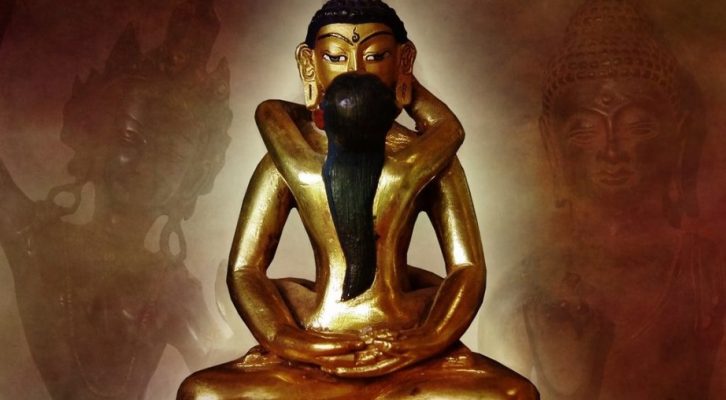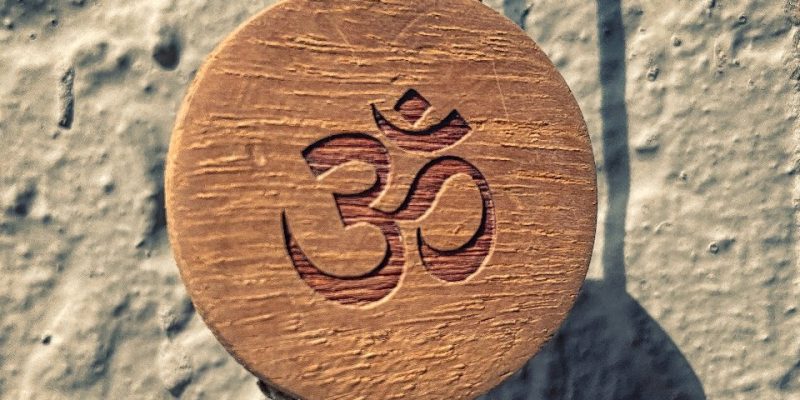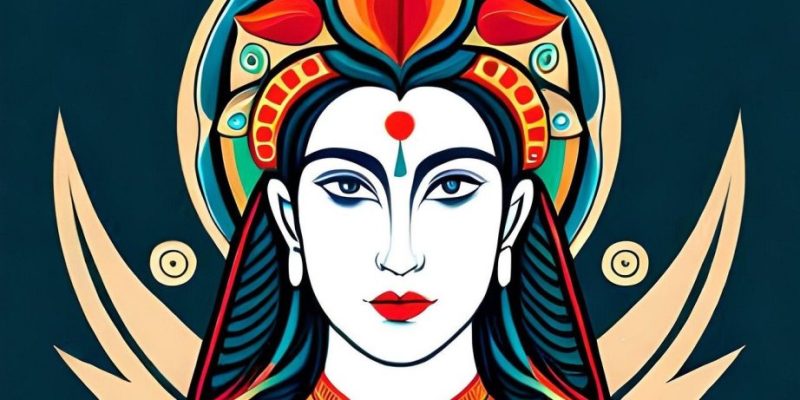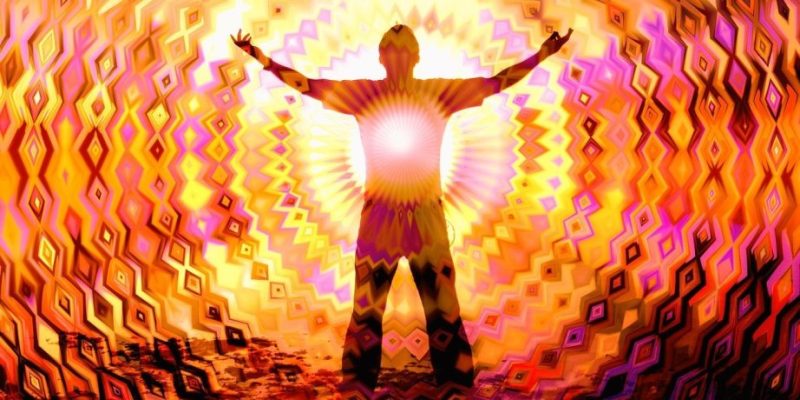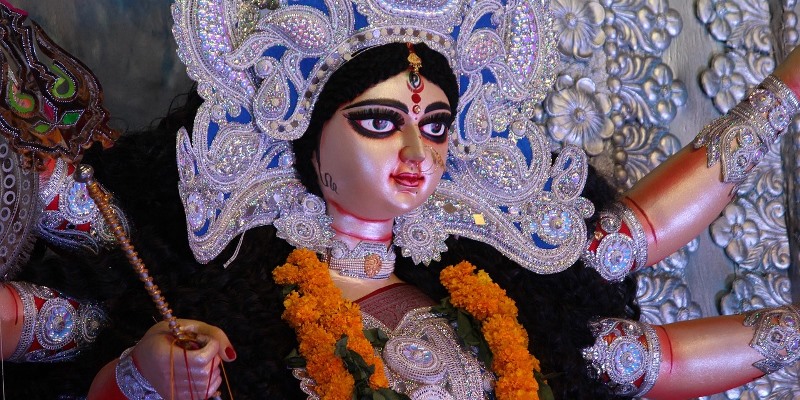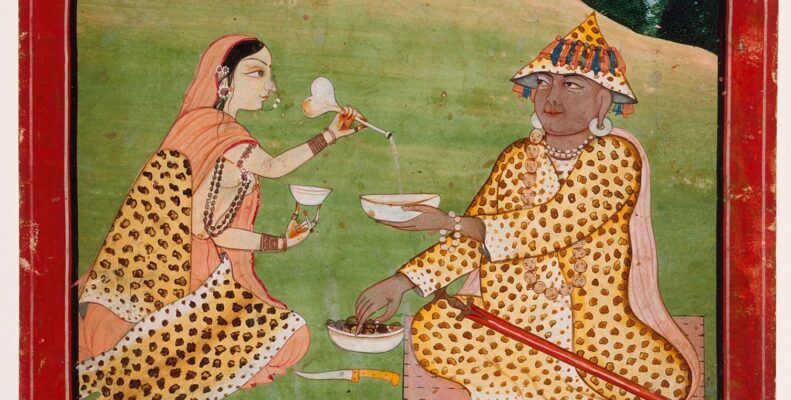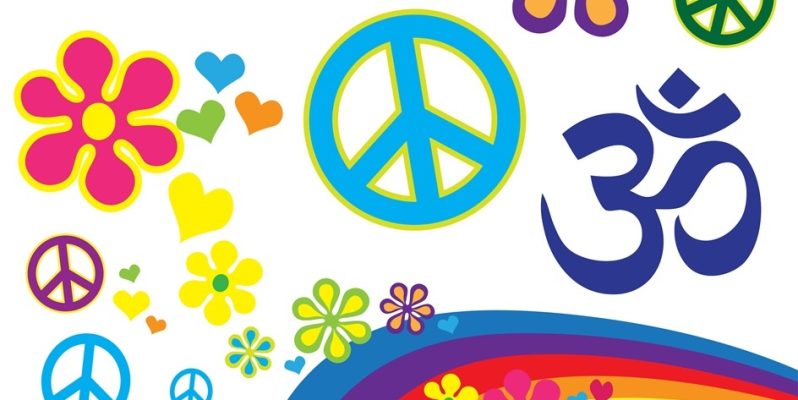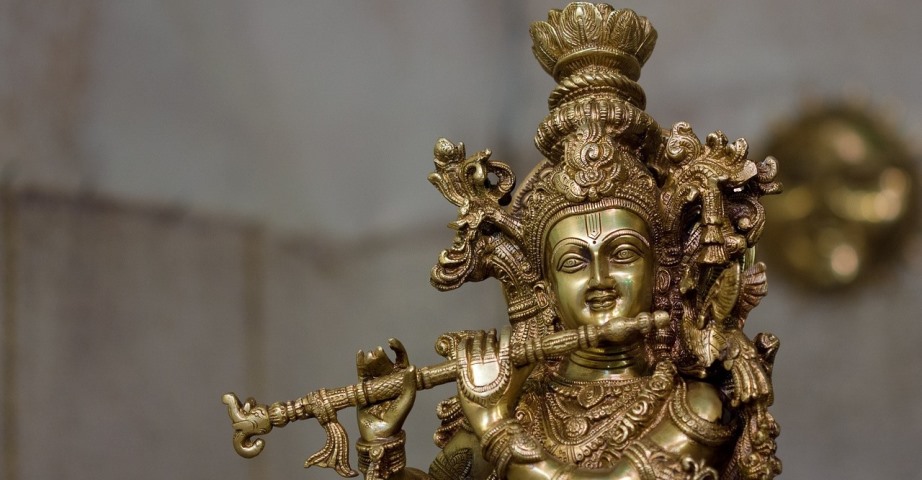
Hinduism —in India also called Sanatana Dharma — developed in many directions over the past 5,000 years and is the principal religion, spiritual tradition, philosophy, and a way of life of most of the people of India.

For an important part, the system is based on major sacred Hindu texts, such as the Vedas, the Upanishads, the Puranas, the Mahabharata, the Ramayana, and the Agamas, well-known around the world.
It’s a very diverse system — hard to categorize — that includes a broad range of diverse philosophies, spiritual lineages, and sub-religions, but with a range of shared concepts, sacred texts, rites, rituals, social order systems, exercises, cosmological systems, pilgrimage sites, Deities, metaphysics, and mythology, among many other mutual domains.
In fact, realms like Vaishnavism, Shaivism, Shaktism, Advaita Vedanta, Yoga, Vedanta, Dvaita, and Tantra are all part of Hinduism, just to give you the idea of its dimension. Mind also that Buddhism, Jainism, and Sikhism were founded in India within Hinduism by Hindus, but are now considered distinct religions existing outside Hinduism.
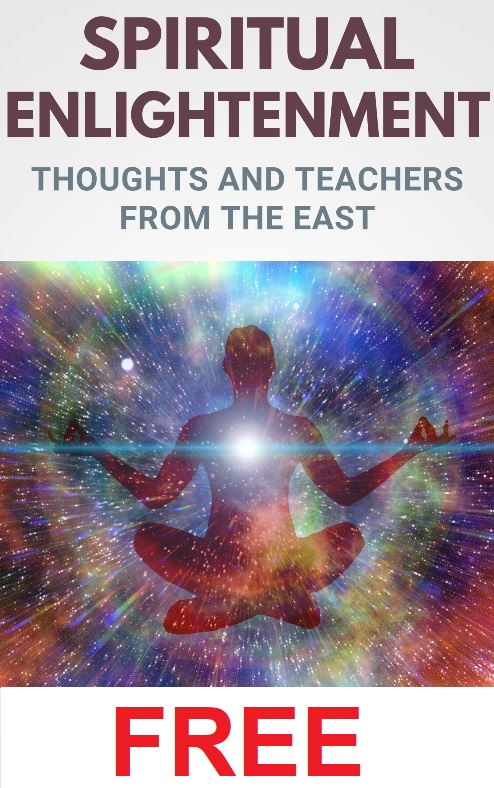
Some of the themes within Hinduism include the aims and duties of human life, worshiping practices, meditation, the concepts of Atman and Brahman, truth-finding, transmigration, sacrifice, food, vegetarianism, nonviolence, duality and non-duality, Karma and Maya, the deities Shiva and Vishnu, liberation from worldly sorrows, passion, devotion, fasting, chanting, knowledge, self-study, wisdom, rites of passages, and pilgrimages, just to name a few.
An interesting observation of Hinduism compared to other religious and philosophical systems is that it has no religious order or hierarchy, no conclusive religious authorities, no prophets, no compulsory holy book, and Hindus can choose to be polytheistic, pantheistic, monotheistic, monistic, agnostic, atheistic, and whatnot.






